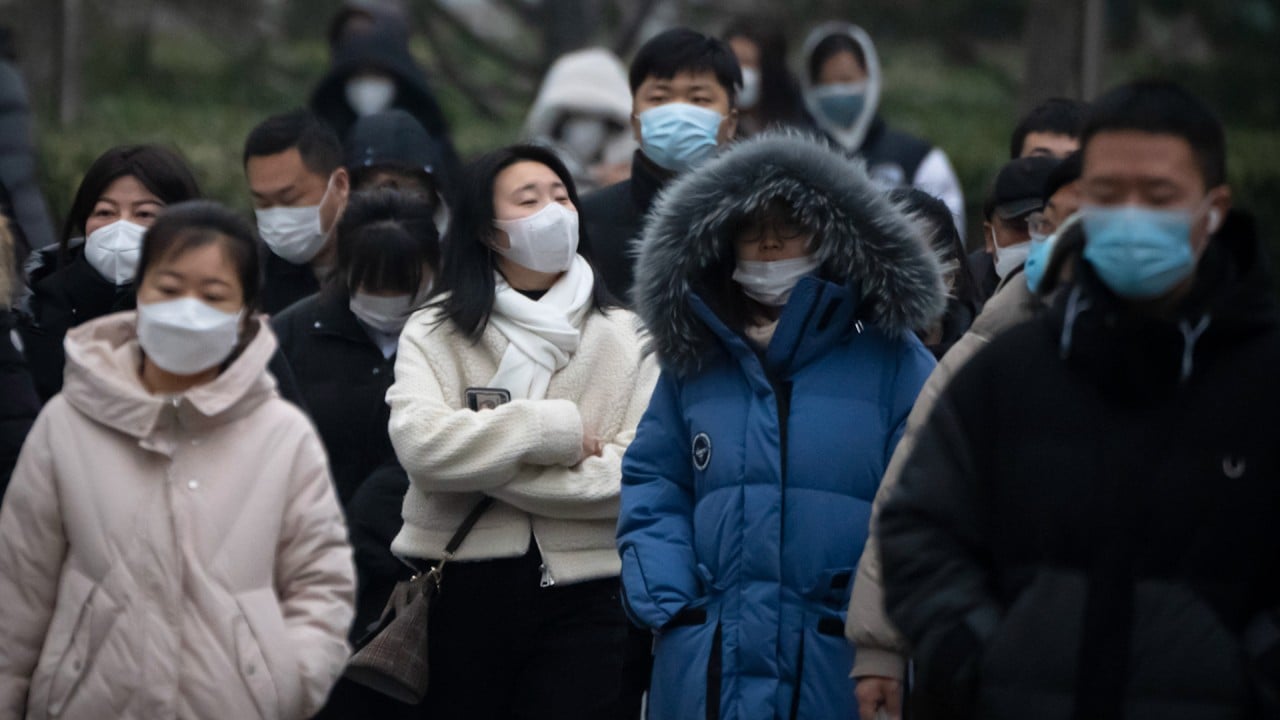
US-China hostility must end for the benefit of both countries – and the rest of the world
- The relentless China bashing that has given way to tit-for-tat military posturing is depressing, as closed mindsets feed paranoia
- That US-China trade has grown despite the tensions signals the strong natural drive for partnership and cooperation
Since Donald Trump, however, the chest-thumping animosity has felt very different. Intractable ideological differences have become increasingly heated, but I’m not talking about the contradictions between the two countries.
The hotter the rhetoric, the more cliquey they become. Few in Congress or beyond are willing to speak a single conciliatory word about China. Yet our codependent commerce flourishes unabated.
It doesn’t take top-secret clearance for people on both sides to see that technology and artificial intelligence have been a boon to the spy game.
These are needless and unintended tragic consequences sprung from closed and mean-spirited mindsets. They have engendered baseless conspiracy theories, and led to a proliferation of disinformation that serves to cement confirmation bias. The unfortunate result has been mutual paranoia.
As it stands, the tit-for-tat manoeuvring of our respective militaries will continue. The finger-pointing and embellished accusations are not about to stop. This is depressing as there remains so much good the two countries could do together, to the benefit of each other and around the world.
The recent and heightened China-bashing led by the US feels disingenuous and hypocritical considering the huge gap in governance practices, principles and values among some of America’s most supported allies, to which it happily supplies billions of dollars worth of weapons of mass destruction.
‘Balloongate’ showcased US gunslinger approach to foreign policy
The riddle I’m working on is how to get Americans to understand that hundreds of millions of Chinese are leading productive, wholesome lives in pursuit of happiness. Chinese people have been the beneficiaries of a system that is evolving and unstoppable. US efforts to place roadblocks in our path simply haven’t worked and never will. The grave downside to this flawed approach is that Chinese people have long memories.
Of course, there are issues and ills in both societies that can be used to harangue and lecture the other. Perhaps we could create a chart to compare and contrast these challenges, and tick them off as needing a lot of effort to repair. Perhaps we can come to an understanding that these issues are none of the other’s business, and work to heal our own houses.
It seems obvious that only the quiet, unstoppable current of commerce can carry all countries to a higher quality of life. But this fundamental and transformative good is being stalled by a giant wall of needless enmity. Unleashing the creative forces that link like-minded people who want to achieve something for themselves, their country and others, is surely what the world needs.
Just imagine how a little congeniality could allow us to manage the existential threats of climate change and pandemics. Progress on these issues would be a globally unifying force. Do we not have enough humanity to rally around the goal of eliminating suffering from poverty, disease and hunger?
Let’s all lower the nature of our nastiness; the stakes are far too high not to. Let us not even contemplate a war between China and the US. It would be an extinction-level event.
Wang Wen is a professor and executive dean at Chongyang Institute for Financial Studies, Renmin University of China



